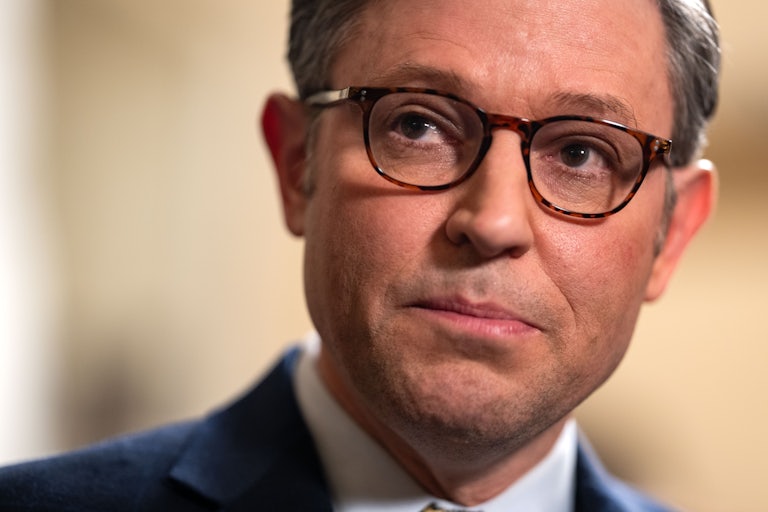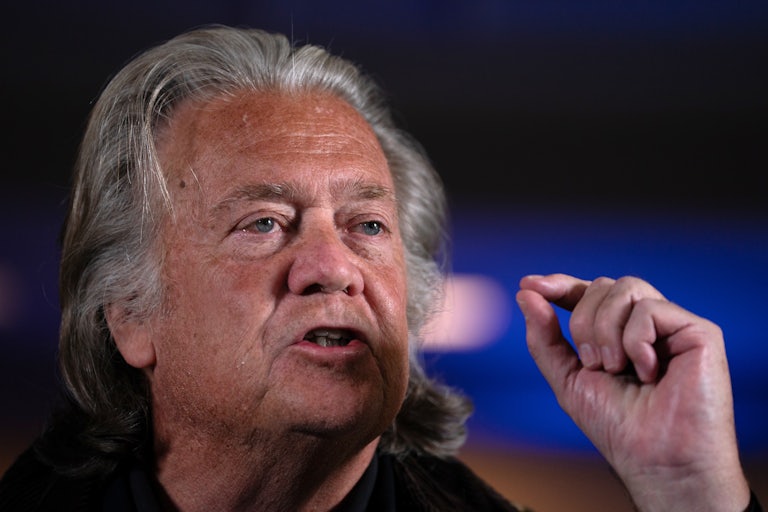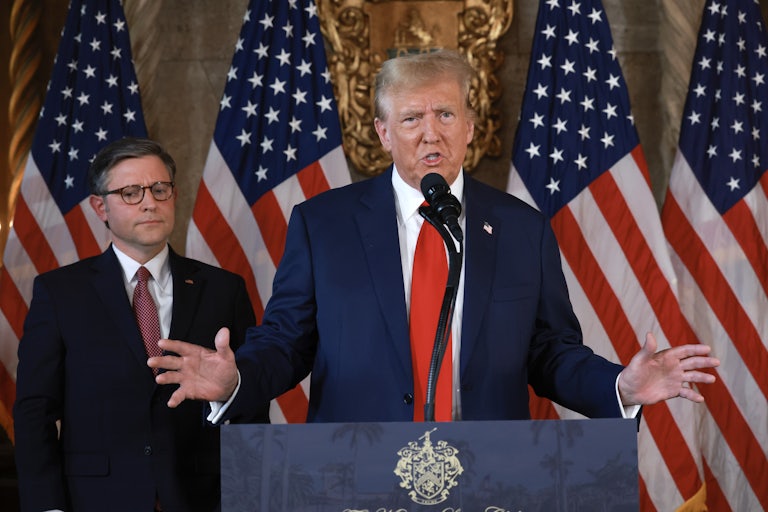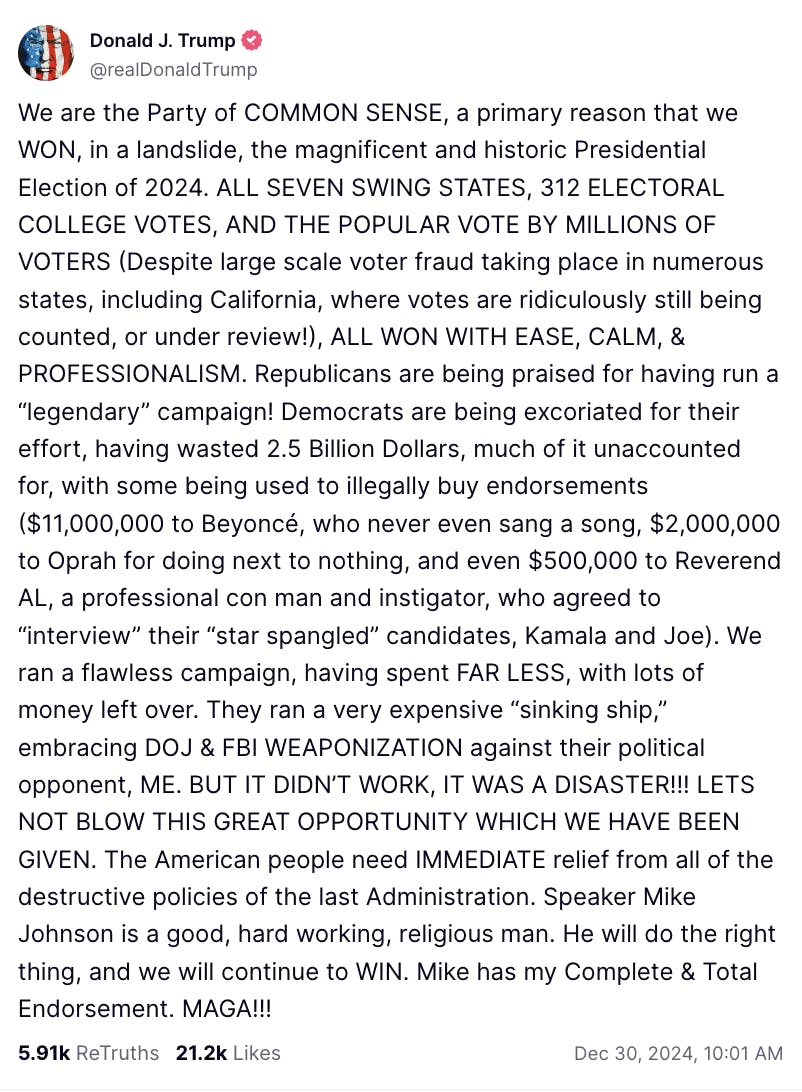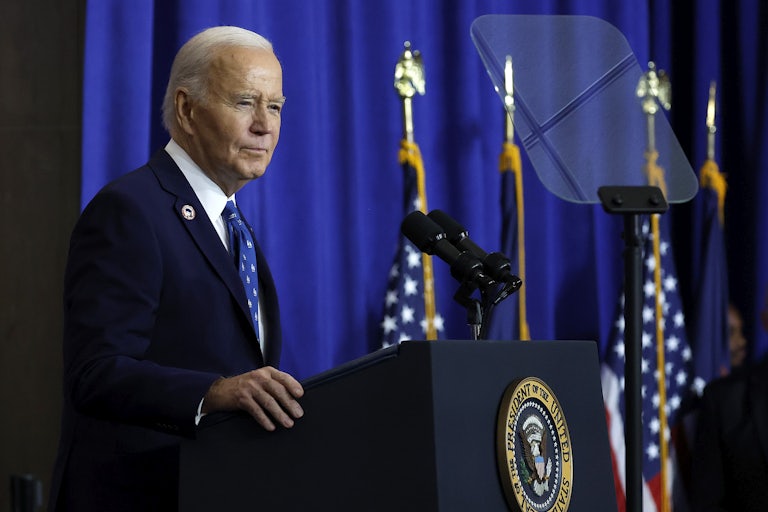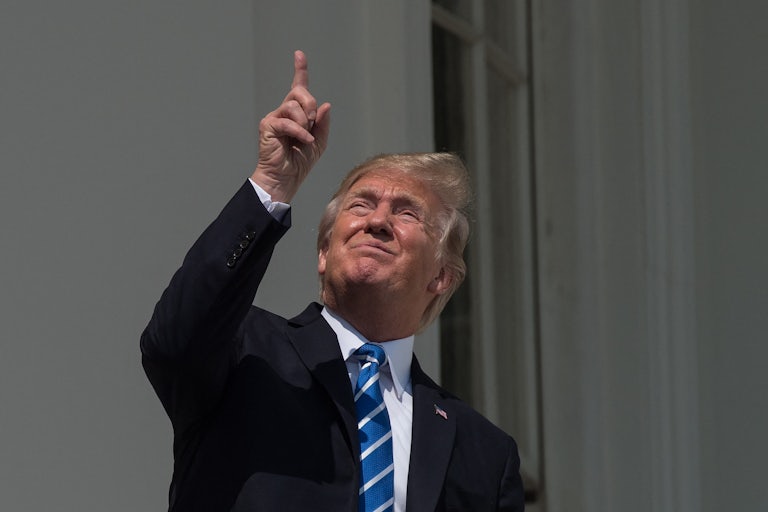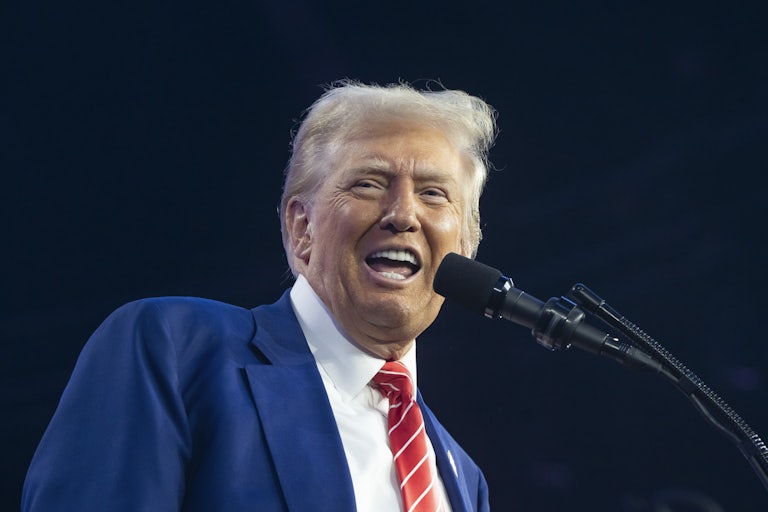Three Damning Times Jimmy Carter Put U.S. Foreign Policy on Blast
Here are some of the most powerful quotes from the thirty-ninth president.
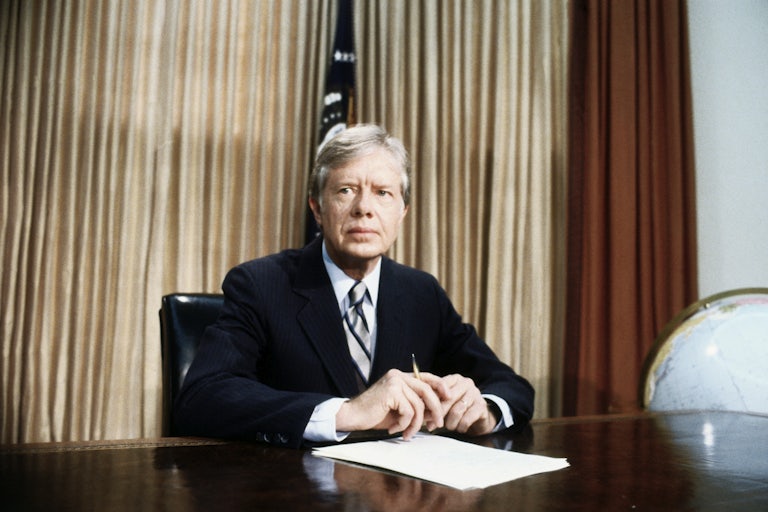
In the wake of his death, hundreds of obituaries have memorialized President Jimmy Carter as a devoted and disciplined public servant. President Joe Biden, who was the first senator to endorse Carter’s bid for the White House in 1976, described the 100-year-old Democrat as a man and politician who “embodied the most fundamental human values.”
But few eulogies for the one-term Georgian have underscored his firm moral positions on U.S. foreign policy, which effusively torched both parties for transforming the United States into what he once described as “the most warlike country on earth.”
Here are some of his most powerful quotes:
1. “A superpower not only should be the top country as far as military power is concerned, which we’re going to continue to be, but I think that the American superpower goal should be to be the champion of peace, and to be the champion of human rights, and to be the champion of the environment, and to be the most generous nation on earth,” Jimmy Carter said in 2015, later highlighting that the U.S. had been at peace for just 16 of the 242 years that it had existed as a nation.
2. “There was no reason for us to become involved in Iraq recently,” Carter told The Independent in 2004, long before most of the political class dared criticize the U.S. invasion. “That was a war based on lies and misinterpretations from London and from Washington.”
3. “We cannot be peacemakers if American government leaders are seen as knee-jerk supporters of every action or policy of whatever Israeli government happens to be in power at the moment. That is the essential fact that must be faced.” Carter wrote those words in Palestine: Peace Not Apartheid, criticizing Israel for failing to end its occupation of Palestine, its apartheid system, and its pursuit of punishment of Palestinians.
Facing intense backlash from right-wing Israel pressure groups, Carter doubled down, arguing that balanced debate on the two nations was “practically non-existent” in Congress and the executive branch, and accused American leaders of being in Israel’s pocket.
